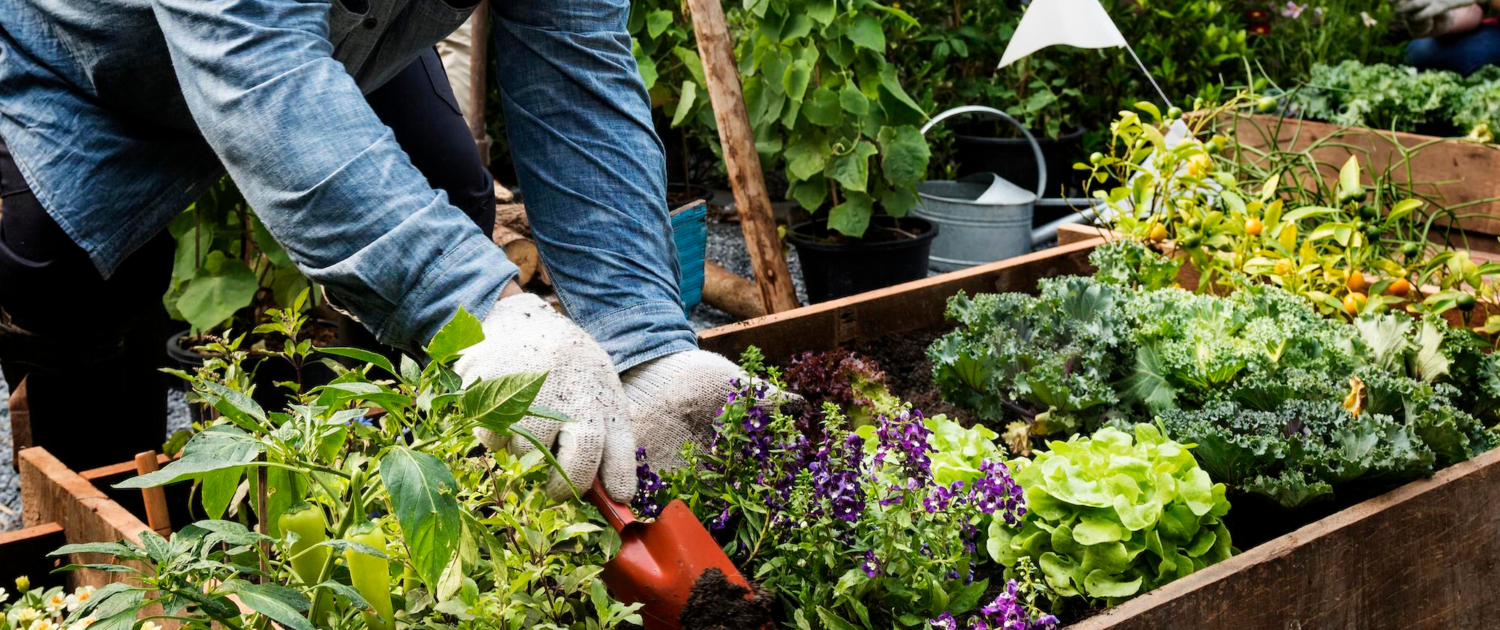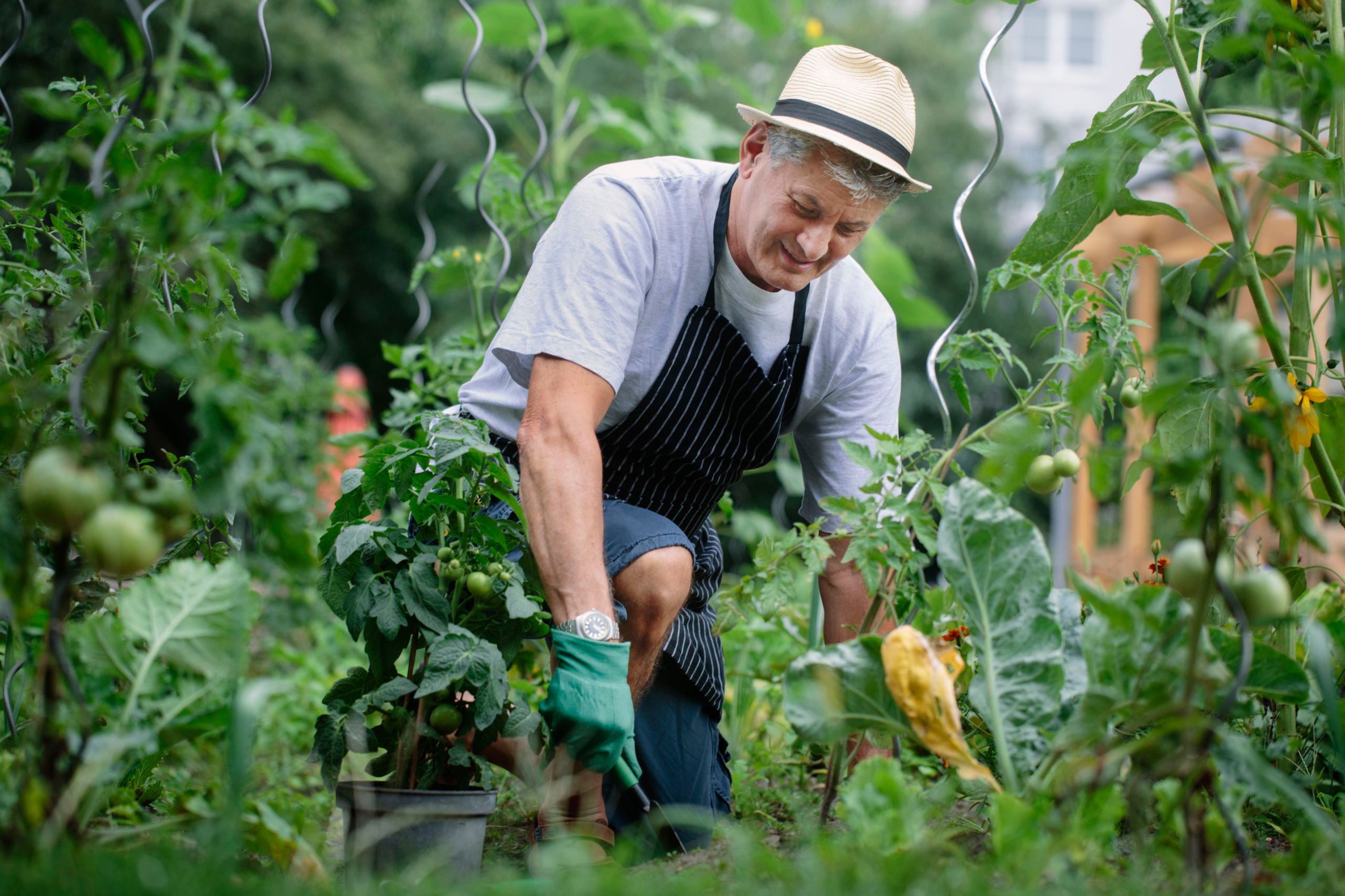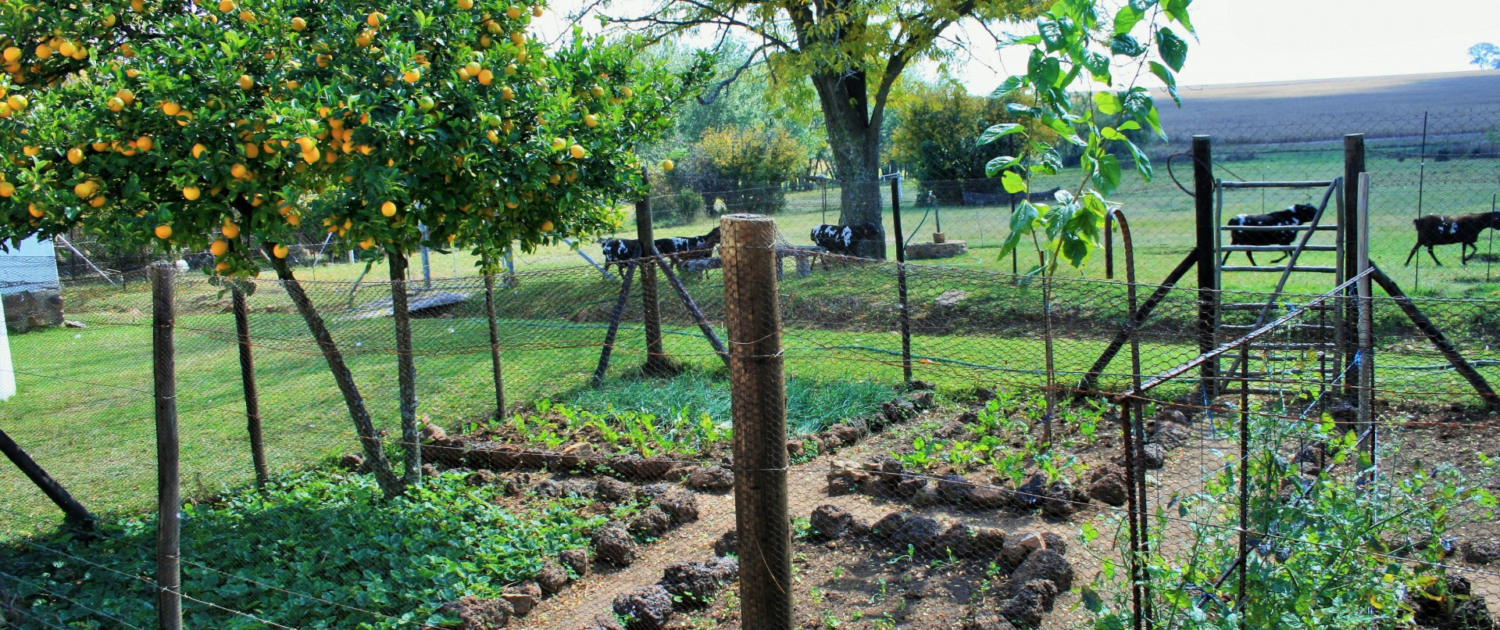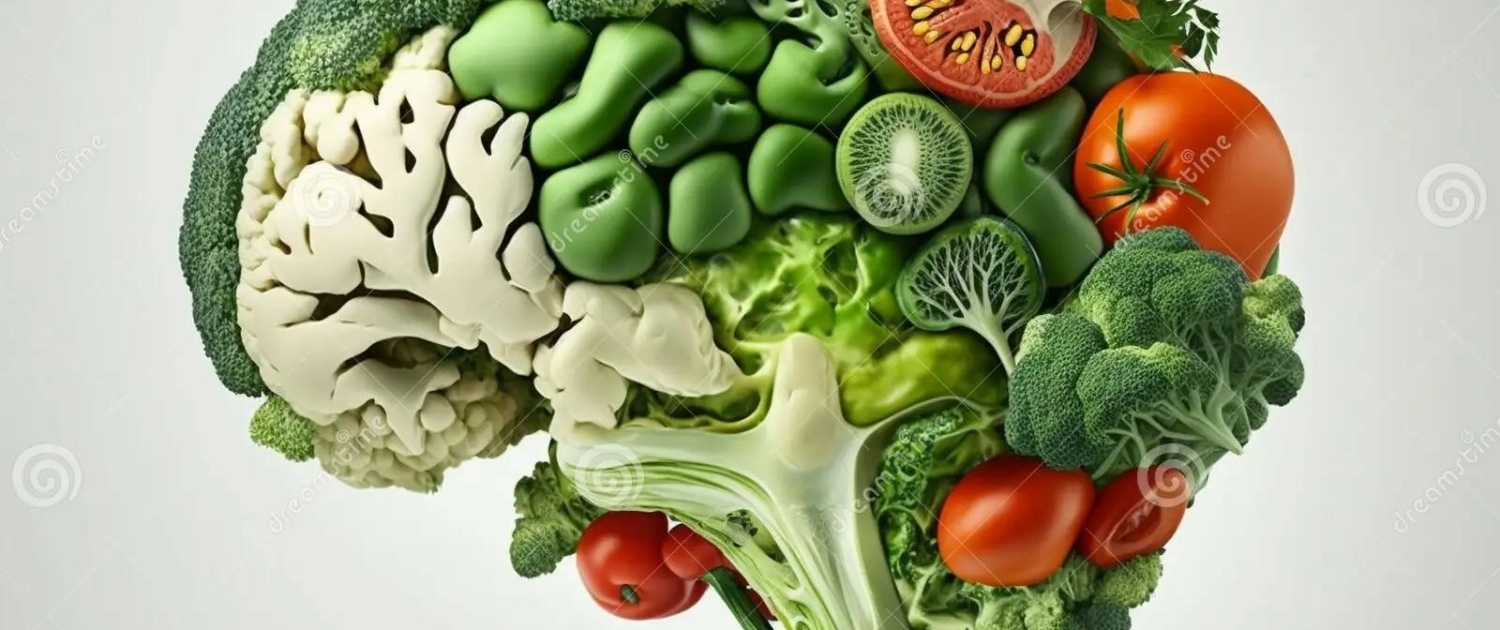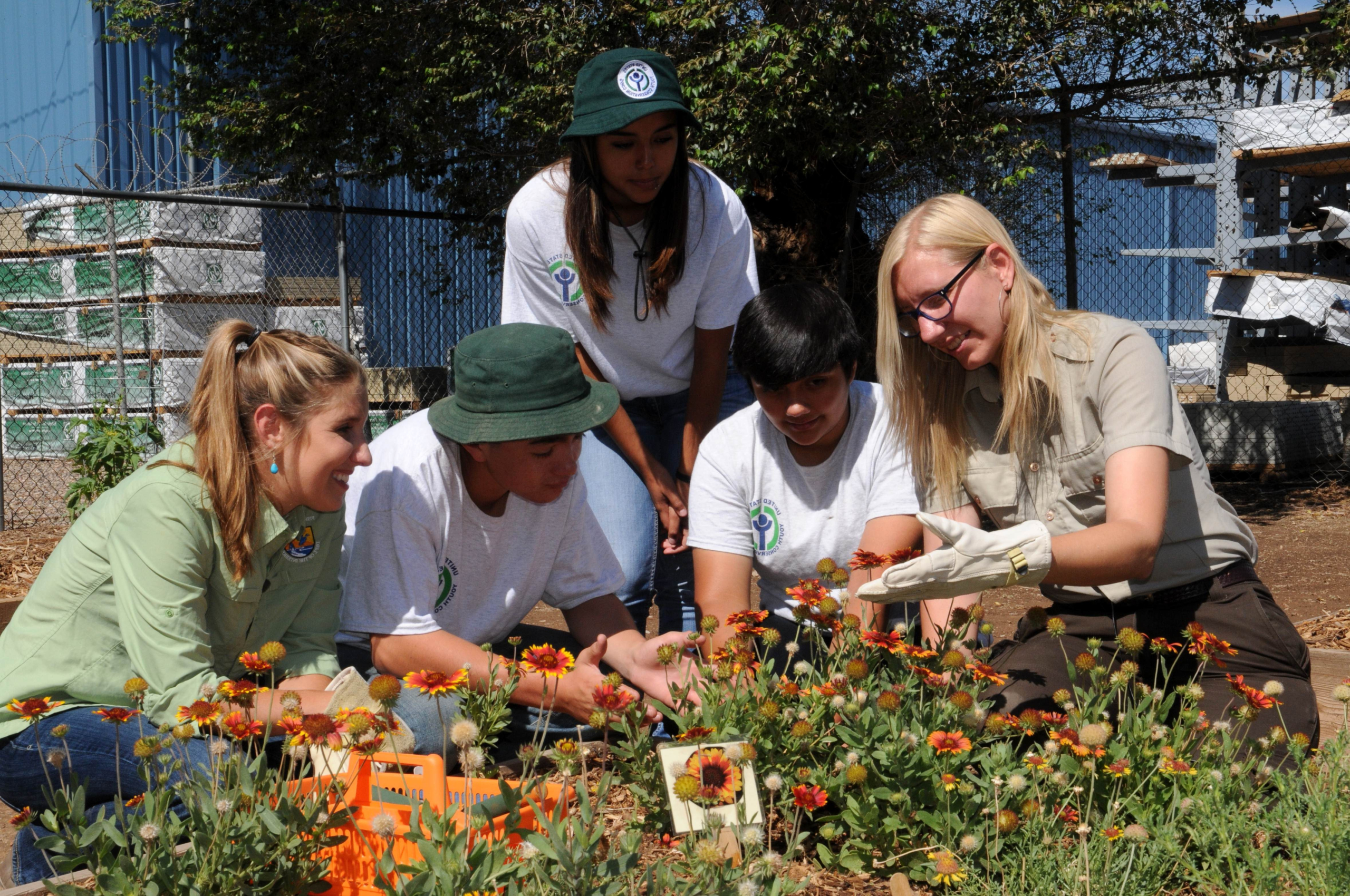Eco-Friendly Gardening Tips
Acknowledging environmental responsibility is a shared duty that every gardener can embrace. By implementing these eco-friendly methods, you can cultivate stunning, thriving gardens while preserving the environment for future generations. Crafting a sustainable garden not only enhances the inherent beauty of your surroundings but also fosters a deep connection with the Earth. Let’s continue to care for our gardens in harmony with nature, laying the groundwork for a greener, more resilient planet, specifically in British Columbia.
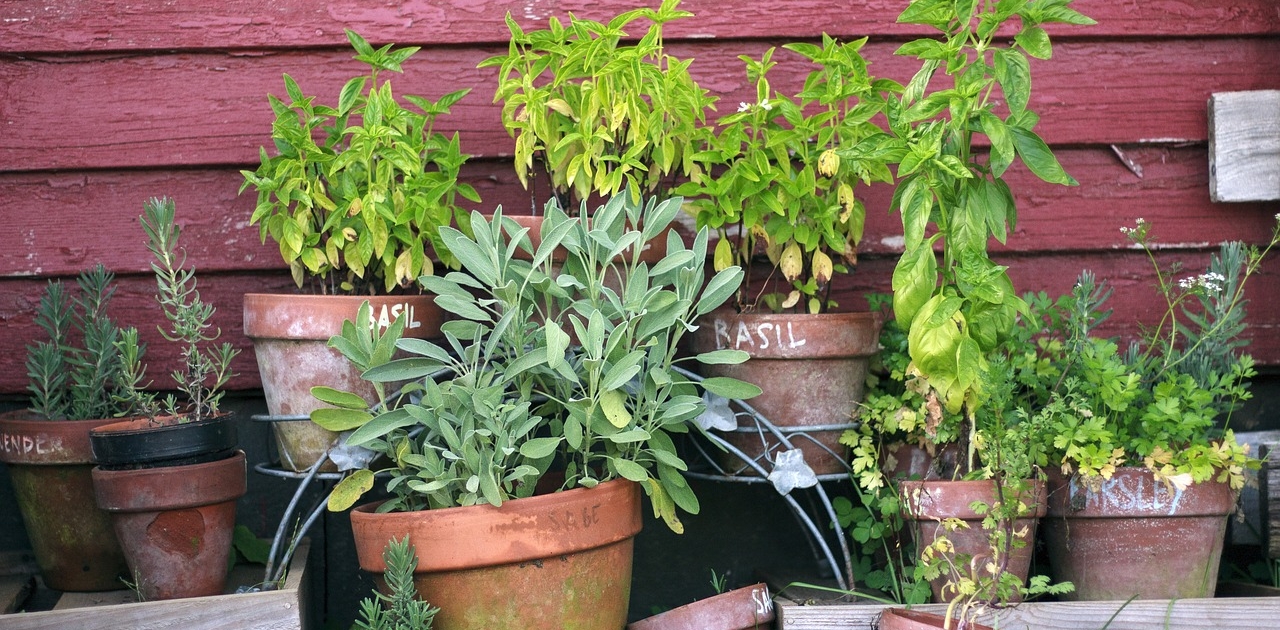
Promote Organic Gardening Practices
Promote Organic Gardening Practices
Opt for organic gardening techniques by avoiding synthetic pesticides and fertilizers. Opt instead for natural solutions like neem oil, diatomaceous earth, or compost tea to handle pests and improve soil quality. In British Columbia, organic gardening promotes resilient ecosystems by protecting helpful insects, birds, and microorganisms, sidestepping the harmful effects of chemical runoff on water sources in Lower Mainland, Vancouver Island, and the Okanagan region.
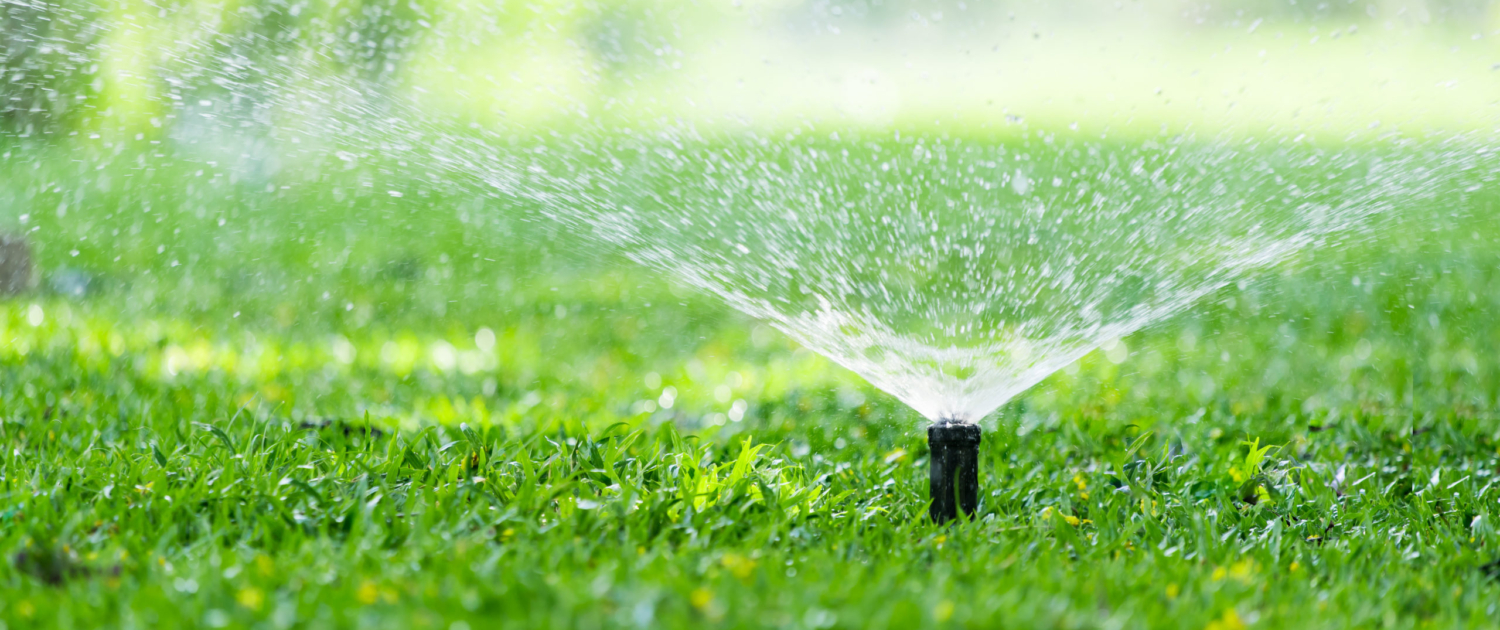
Water Efficiently
Water Efficiently
Conserving water is crucial for maintaining your garden. Install a rain barrel to collect rainwater, which can be used for garden irrigation during dry spells. Additionally, consider investing in irrigation systems or soaker hoses to minimize water consumption. Using mulch around plants helps retain soil moisture, reducing the need for frequent watering and preventing weed growth, especially in Lower Mainland, Vancouver Island, and the Okanagan region of British Columbia.
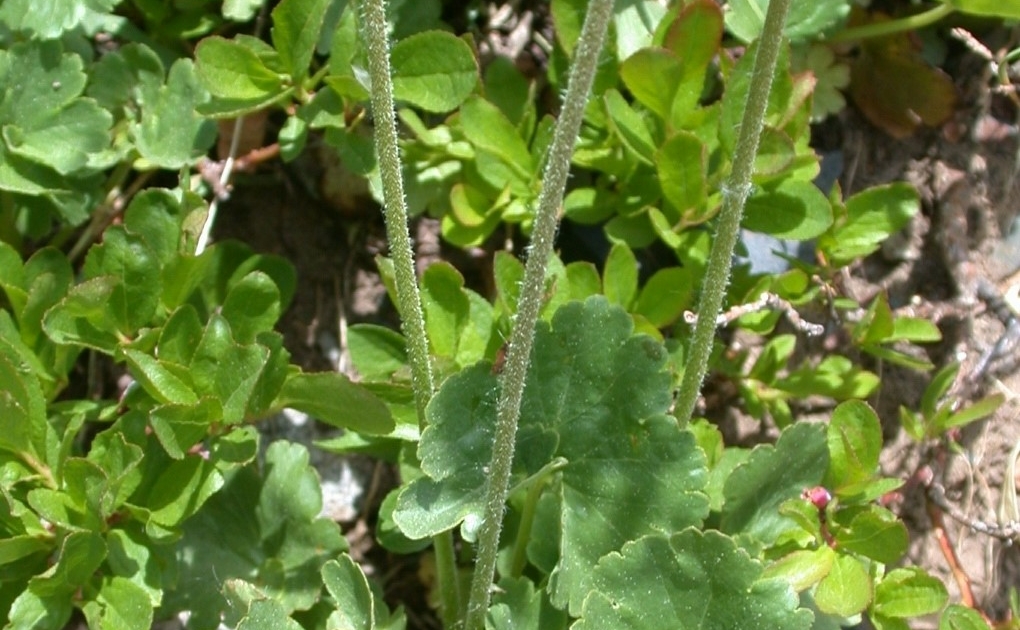
Select Native and Drought-Resistant Plants
Select Native and Drought-Resistant Plants
Choose indigenous plants for your garden, as they naturally adapt to the local climate, soil, and wildlife in Lower Mainland, Vancouver Island, and the Okanagan in British Columbia. Native plants in British Columbia require less water, pesticides, and fertilizers, presenting an environmentally mindful choice. Additionally, consider incorporating drought-resistant plants that thrive with minimal irrigation, ultimately reducing overall water usage in your garden.
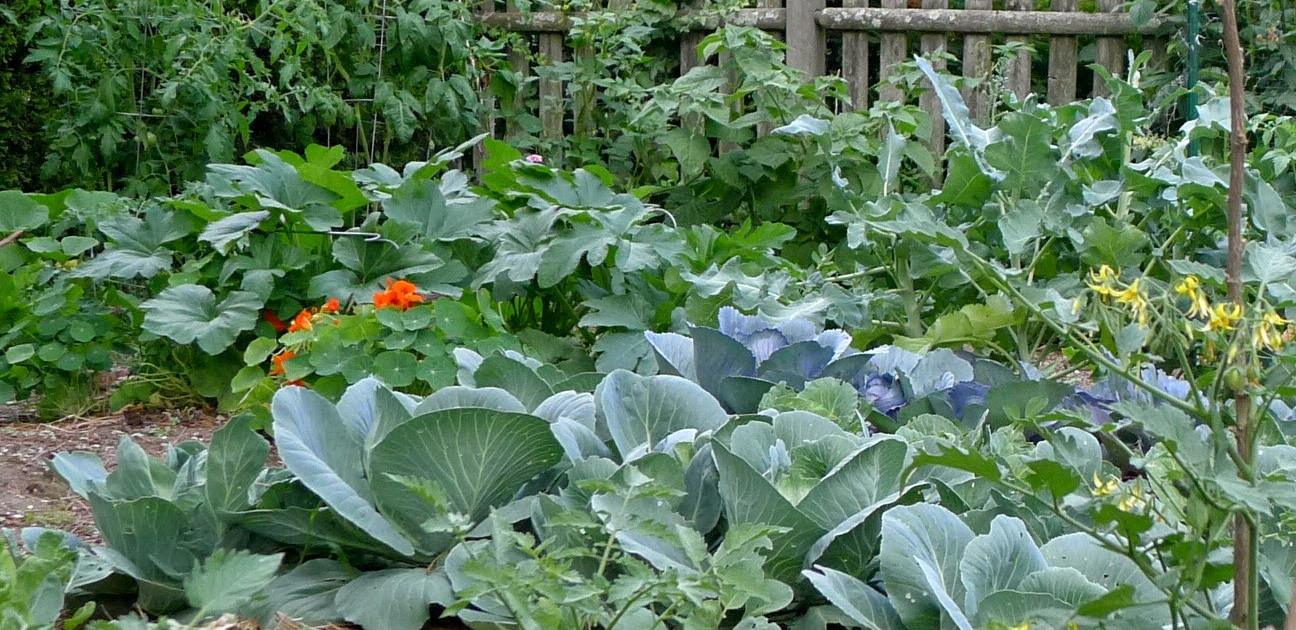
Practice Companion Planting
Practice Companion Planting
Companion planting involves strategically positioning plants to enhance their growth and naturally deter pests, a practice relevant in Lower Mainland, Vancouver Island, and the Okanagan in British Columbia. For instance, interplanting certain vegetables can discourage nematodes, while placing basil near tomatoes can elevate their flavor and protect them from insects. Embracing companion planting methods allows for reduced dependence on chemical pest control measures.
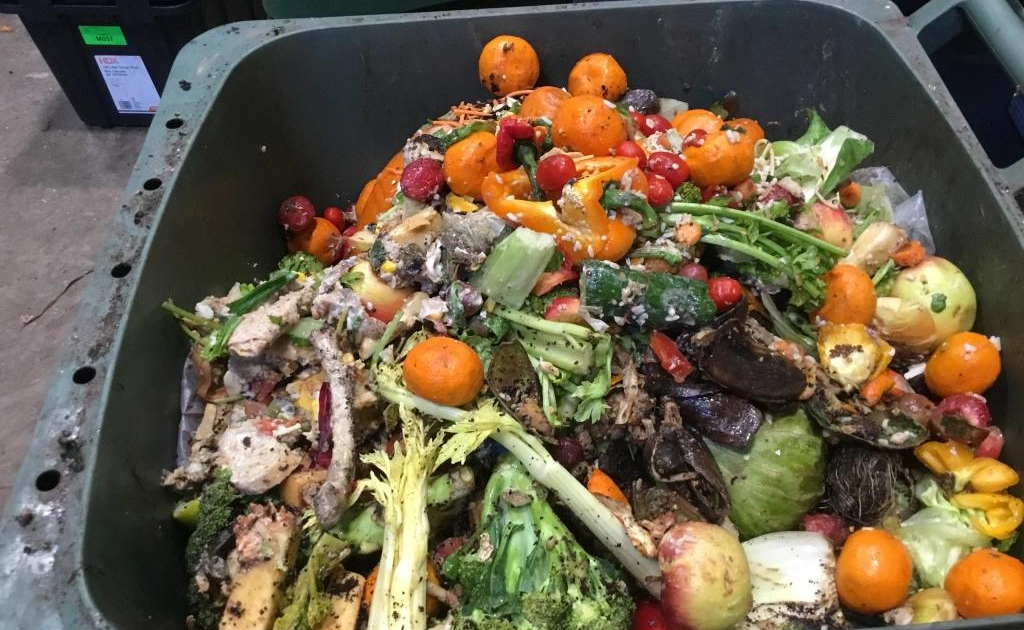
Utilize Composting and Recycling Practices
Utilize Composting and Recycling Practices
Start a compost heap using kitchen scraps, yard debris, and organic matter from your garden, a practice relevant in Lower Mainland, Vancouver Island, and the Okanagan in British Columbia. Composting enriches the soil, lessens the need for chemical fertilizers, and reduces landfill waste in British Columbia. Additionally, repurpose garden materials like plant trimmings, cardboard, and newspaper. Repurposing garden waste not only reduces landfill waste but also provides valuable resources for mulching and composting.
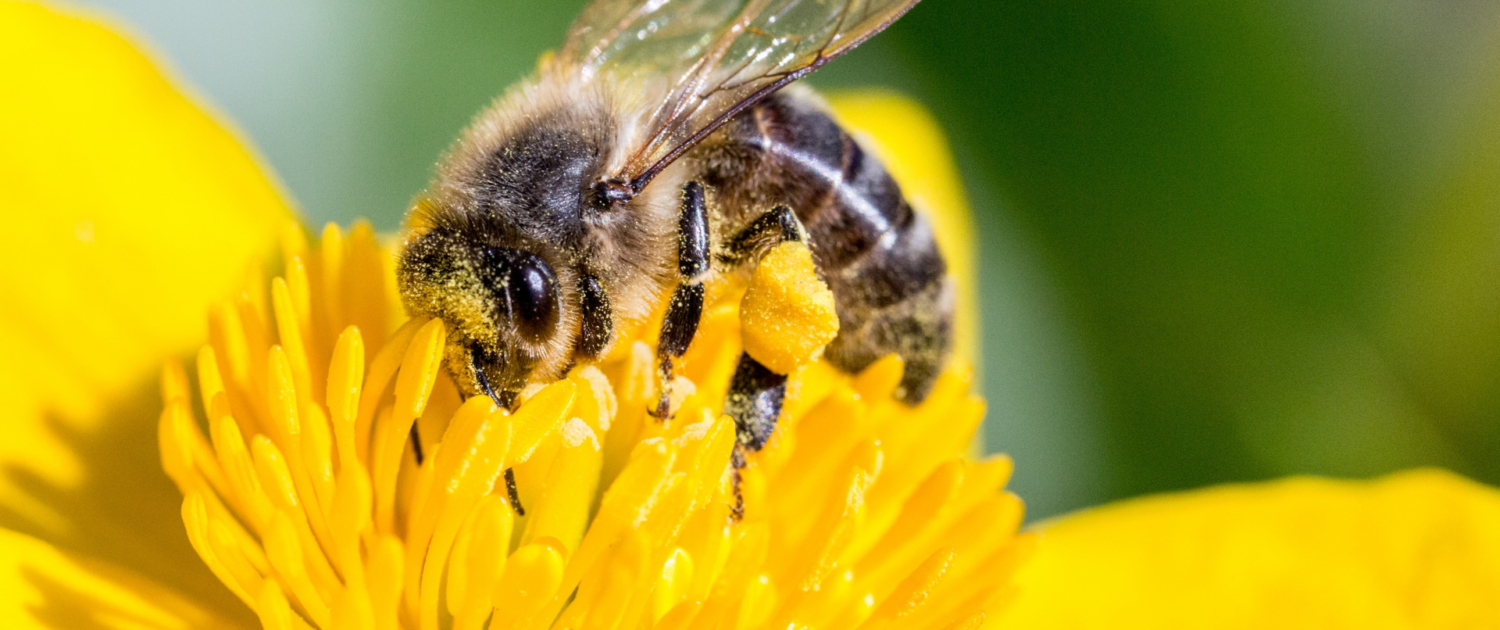
Encourage the Presence of Pollinators and Helpful Insects
Encourage the Presence of Pollinators and Helpful Insects
Promote biodiversity in your garden by growing flowers that attract pollinators like bees, butterflies, and hummingbirds, a practice significant in Lower Mainland, Vancouver Island, and the Okanagan in British Columbia. Pollinators play a crucial role in the reproduction of many plants, including fruits and vegetables, in British Columbia. Establishing a habitat for these beneficial insects can improve the health of local ecosystems and ensure successful crop pollination.

